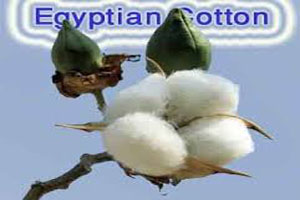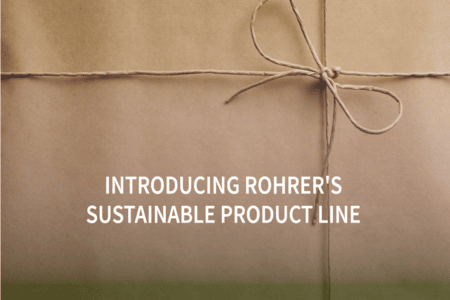
Egypt cotton cultivation to dwindle further with the end of subsidy to growers
YarnsandFibers News Bureau 2015-02-10 13:00:00 – CairoEgyptian cotton, the so-called “white gold†a byword for luxury that is prominent the world over and also the former core of Egypt’s economy and the source of many a trader’s fortune has been declining for years due to changing government policy, a shrinking domestic market and the vagaries of international cotton prices.
The Egyptian government has taken decision to end a subsidy to cotton growers introduced only last year. The subsidy worth about $200 per feddan, an area slightly above an acre, and the government expect that its abolition will encourage farmers not to grow the crop unless they have a contract for it.
The decision has angered farmers and prompted warnings that they will stop growing cotton. Mohamed Farag, who heads the Independent Farmers Union said that there will be less cotton planted and the price will go up next season.
But for Egypt’s poorly organised farmers, who have little negotiating power, the subsidy was a valuable incentive to grow the much sought-after crop.
Egyptian cotton is rivaled only by American Pima. It is marked by its long and extra-long staples or fibres that can be spun into fine yarns and used to weave luxury fabrics.
The US and Egypt dominate the niche market for superior cottons, each with a market share of 40 per cent. Superior varieties account for 90 percent of the cotton grown in Egypt. The remaining 10 percent is medium staple.
Even before the subsidy was abolished, production and exports were on downward trend. Last year exports were only 50,000 tonnes, according to Mefreh al Beltagui, head of Alcotexa, the exporters’ association. About 50 percent of Egypt’s crop is exported, balance is used in domestic production.
The area under cultivation is declining further because the crop is less profitable to farmers than alternatives. All cotton-producing countries, even the US, operate some form of subsidy, said Mr al Beltagui
The agriculture minister announced the end of the subsidy as the domestic demand for high-end Egyptian cotton is low. The local textile industry relies on imports of cheaper short and medium staple varieties, which are more suited to the production of T-shirts and denim that form the bulk of Egypt’s garment output.
A surplus of high-end cotton in 2013 meant that last year the government also had to subsidise spinning and weaving companies — many of them cash-strapped public sector buyers — in order to offload unsold stocks. According to farmers and exporters, last year’s surplus was because foreign buyers rejected some of the harvest as it had been mixed with lower grade varieties.
But the government insists that subsidies are not the way forward for growers and that they should instead negotiate prices in advance with buyers.
According to Ali Ismail, a senior agriculture ministry official, the shape of the industry has changed. Those who want cotton for export should pay a decent price for it. There are 260 companies that work in cotton and when the crops come out they put pressure on farmers [to depress the price]. The government want the companies to agree with the growers in advance.
But Mr Beltagui, for the exporters’ association, said that it was impossible for his members to offer farmers an agreed price in advance because there is no future market in long-staple cotton. Agreeing with the growers in advance could prove damaging to the farmer or the seller. If the market price ends up being higher than that agreed, the farmer will pull out from the sale, if it is lower, the buyer will disappear. Due to this reason, the government need to offer farmers a subsidy if prices fall below an agreed threshold.
Market Intelligence
Ask for free sample Report

experience
Customer Base
dedicated team
Countries Served Worldwide









